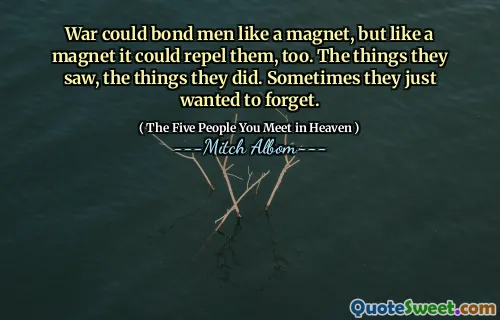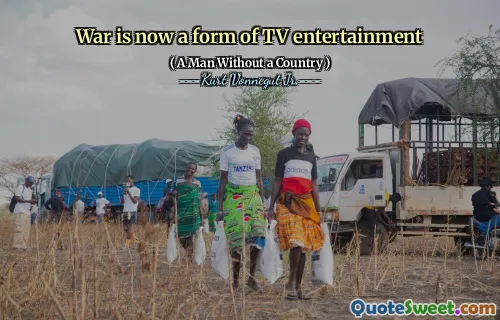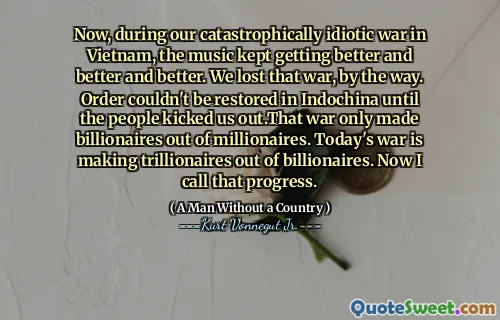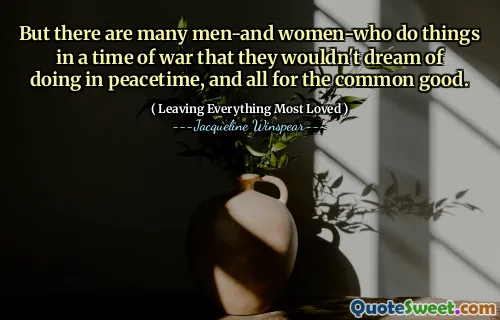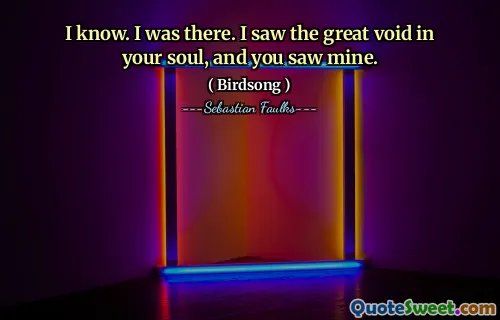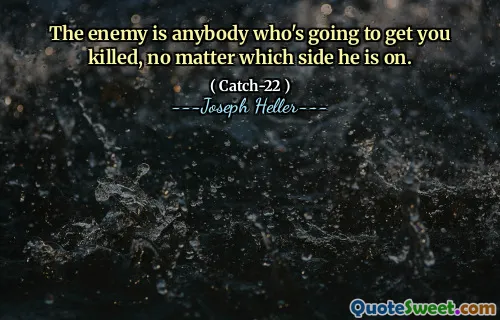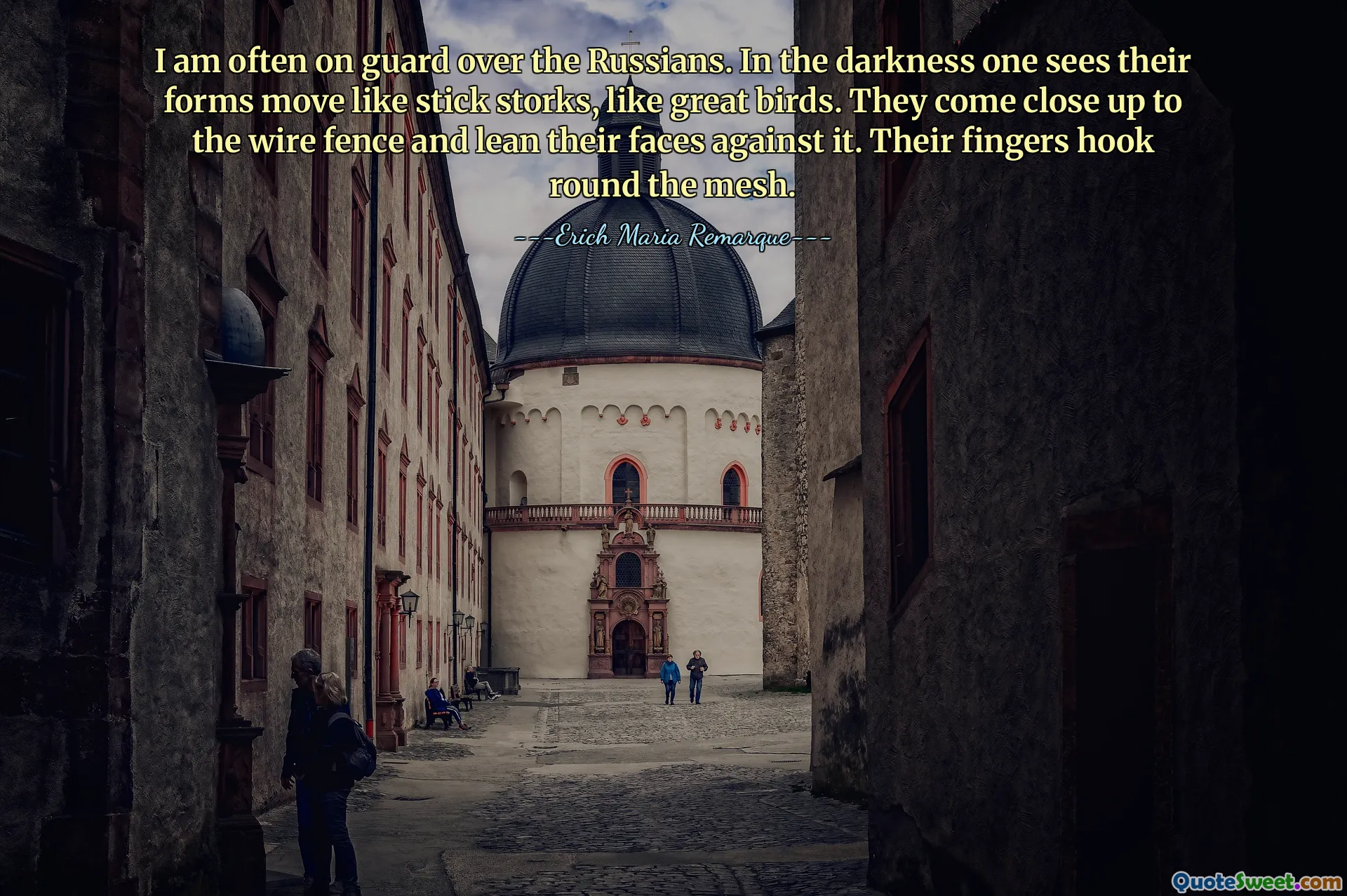
I am often on guard over the Russians. In the darkness one sees their forms move like stick storks, like great birds. They come close up to the wire fence and lean their faces against it. Their fingers hook round the mesh.
This quote vividly captures a moment of watchfulness and silent observation. The imagery of seeing the Russians' forms in the darkness, resembling stick storks or great birds, evokes a sense of the uncanny and the somewhat eerie stillness of night. It emphasizes the quiet tension and the sense of proximity to an unknown or possibly threatening presence. The description of their faces pressed against the wire fence and their fingers hooking round the mesh highlights a mixture of curiosity, longing, and perhaps despair, as if they are longing for something beyond their immediate boundary or are trying to penetrate it. The scene suggests themes of surveillance, confinement, and the human tendency to seek connection or understanding in moments of separation. The darkness and the imagery serve as metaphors for the unknown and menacing factors that persist at the margins of society or conflict zones. It reminds us of the human instinct to observe and decipher the behaviors of others in times of unrest or confinement. Such imagery also speaks to the universal experience of feeling watched or restrained, and the subtle, often silent interactions that occur in moments of tension. Overall, the quote prompts reflection on the nature of human observation, the boundaries we maintain—both physical and psychological—and the quiet, persistent hopes or fears that accompany moments of watchfulness in difficult circumstances.






